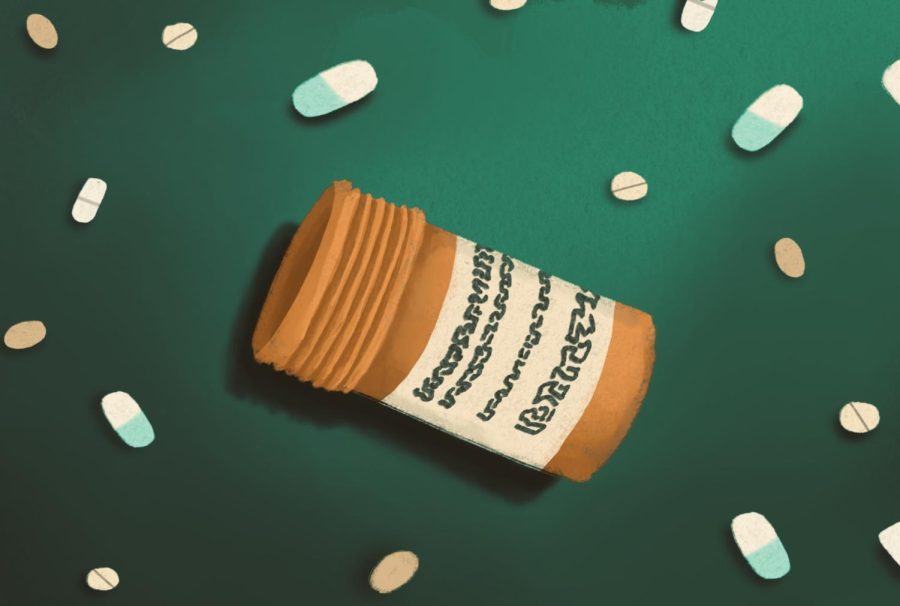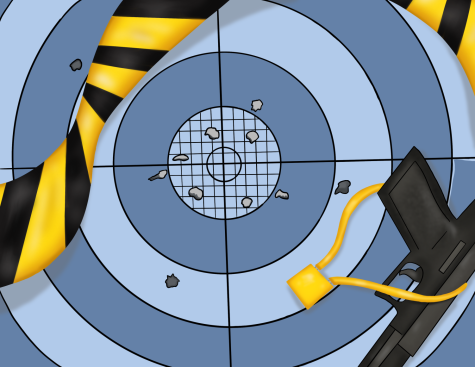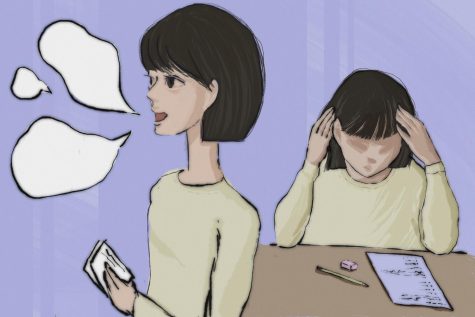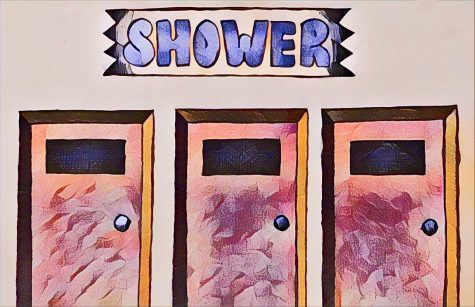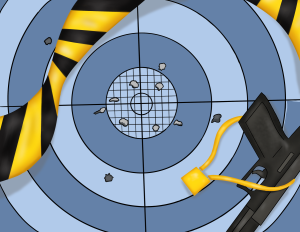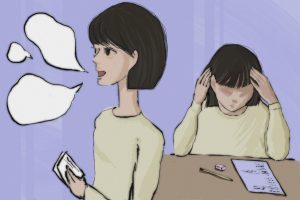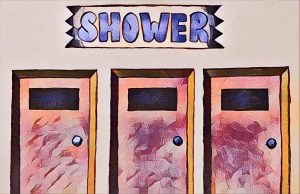(Me)dication: Coping with my ‘crazy’
June 12, 2023
“Jesus loves me, this I know, for he gave me Lexapro,” wrote activist Glennon Doyle in her 2020 memoir, “Untamed.” This parody of a beloved Christian hymn struck me, first as hilarious, then as painfully ironic. As someone who has struggled with depression and anxiety in a Baptist community, I’m all-too-familiar with the narrative that prayer is the “cure” for mental illness.
The stigma surrounding mental health reaches far beyond small-town churches. While there has been progress in recent years, with Gen-Z being more educated about mental health than previous generations, psychiatric medication remains taboo. Common misconceptions include medication for mental illness being seen as a sign of weakness, or that the treatment is only for “crazy” people.
“I think too many people don’t say much about it,” said Dr. Melissa Eshelman, a psychiatrist at the UT Counseling and Mental Health Center. “Or if they’re in treatment, it’s very quiet.”
I first sought weekly counseling when I was sixteen years old, and within a few sessions, my therapist recommended I see a doctor about my concerns. When I brought this up to my family, I remember their first question was, “Do you really think you’re bad enough for that?”
Dr. Eshelman said that mental health stigma at home is a common reason students hesitate to seek treatment.
“Some cultures don’t believe in therapy, and they definitely don’t believe in medication (as) treatment,” Dr. Eshelman said.
When such strong negative views are associated with mental health care, it can be intimidating to take the first steps or reach out to a psychiatrist. If you don’t know where to start, The National Institute for Mental Health recommends that you discuss options with your primary care provider.
In fact, I started my own journey at my pediatrician’s office. I remember sitting in the colorfully-decorated exam room, filling out the PHQ-9T and GAD-7, common anxiety and depression screening forms. Despite initial apprehension, with the guidance of my doctor, I chose to go on antidepressants for the first time.
That choice changed my life. Medication finally enabled me to make real progress fighting depression without being dragged back by my symptoms. It was like realizing I had been sleepwalking my whole life. My experience is far from unique. A 2020 data brief by the Centers for Disease Control and Prevention reported that 13.2% of adults had taken an antidepressant in the past month.
Of course, “Not everyone needs to be on medication,” Dr. Eshelman said. “Therapy can be very beneficial. Talk to a therapist, and if they recommend it, take their recommendation seriously.”
Medication is part of treating the whole person in terms of mental and physical health. It’s important to recognize that our minds and bodies are closely interconnected.
“It would be fantastic if mental health issues were treated just like medical issues,” Dr. Eshelman said. Just like diabetes or high cholesterol, major depressive disorder and other mental illnesses are medical conditions that often respond to medication.
Stigmatizing mental health medication and writing it off as something for ‘crazy people’ or trivializing its benefits only deepens the divide between mental and physical health, invalidating the truth that both are equally important to our holistic wellbeing. With the help of professionals, I was able to overcome preconceived notions about what it meant to be medicated. Like any other medicine, it’s a tool that lets me live beyond the limits of my diagnoses — and that’s nothing to be ashamed of.
Jackson is a Plan II and journalism sophomore from Boerne, Texas.

